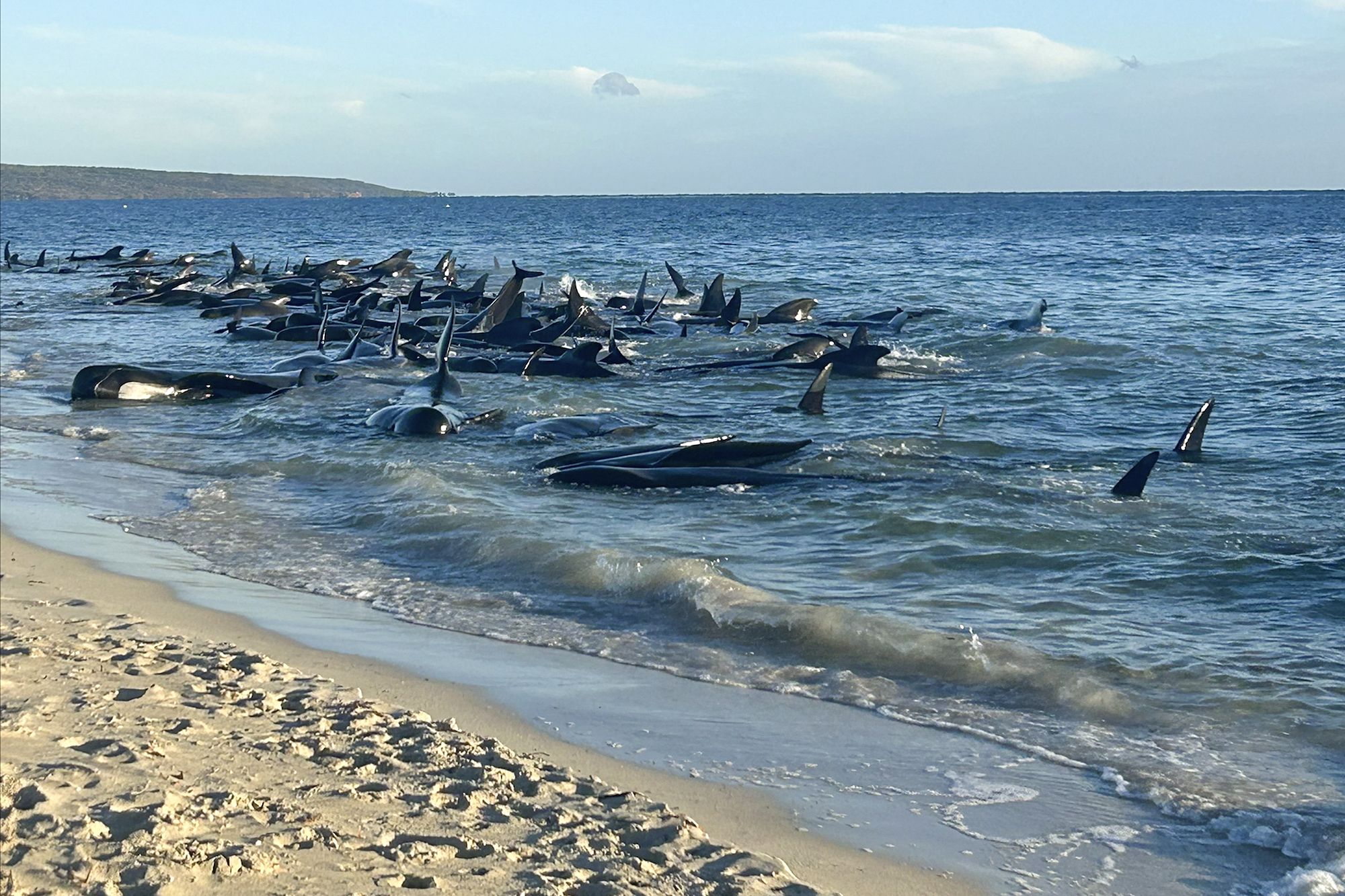A lawyer representing WikiLeaks founder Julian Assange alleged Sunday that Ecuador's government has spread lies about his behavior inside its embassy in London, where Assange sought asylum in 2012.
The Latin American country has claimed Assange actions deteriorated before his arrest Thursday and included putting excrement on walls, leaving soiled laundry in the bathroom, and not properly looking after his cat.
Lawyer Jennifer Robinson told British TV network Sky News the Ecuadorian government is spreading alleged falsehoods to divert attention from its decision to revoke his asylum and allow his arrest at its British embassy.
"I think the first thing to say is Ecuador has been making some pretty outrageous allegations over the past few days to justify what was an unlawful and extraordinary act in allowing British police to come inside an embassy," Robinson said.
Ecuadorian President Lenin Moreno ended Assange's protected status after more than 6½ years and opened the way for his arrest there Thursday.
Moreno said Assange abused Ecuador's goodwill, mistreated embassy staff and used his perch to try to interfere in other country's political affairs.
Assange has had "a very difficult time" since Moreno took office in Ecuador in 2017, Robinson said.
U.S. & World
Assange, who appeared much older when he emerged from the embassy than when before he sought refuge there in August 2012, is in custody at Belmarsh Prison in southeast London awaiting sentencing in Britain for skipping bail to avoid being sent to Sweden as part of an investigation of a rape allegation. Sweden is considering reviving the investigation.
The United States also is seeking his extradition after charging him with conspiring to break into a Pentagon computer system, which could lead to competing extradition demands.
U.K. Home Secretary Sajid Javid would be expected to have the final say in which claim takes priority. More than 70 British legislators have urged Javid to give priority to a case involving rape allegations ahead of the U.S. request.
He would not be expected to enter a plea to the Department of Justice case unless he loses his extradition case and is brought to a courtroom in the United States.
Assange has denied the rape allegation, asserting the sex was consensual. He also has not formally responded to the U.S. conspiracy charge. His indictment was made public hours after his Thursday arrest, but Assange's lawyers say he is a legitimate journalist whose prosecution would have a chilling effect.
The extradition court in Britain will not be judging the evidence against him, but will evaluate whether the crime he is accused of would be a crime in Britain.
Assange's next court appearance is scheduled for May 2. In the meantime, he is expected to seek prison medical care for severe shoulder pain and dental problems, WikiLeaks has said.



